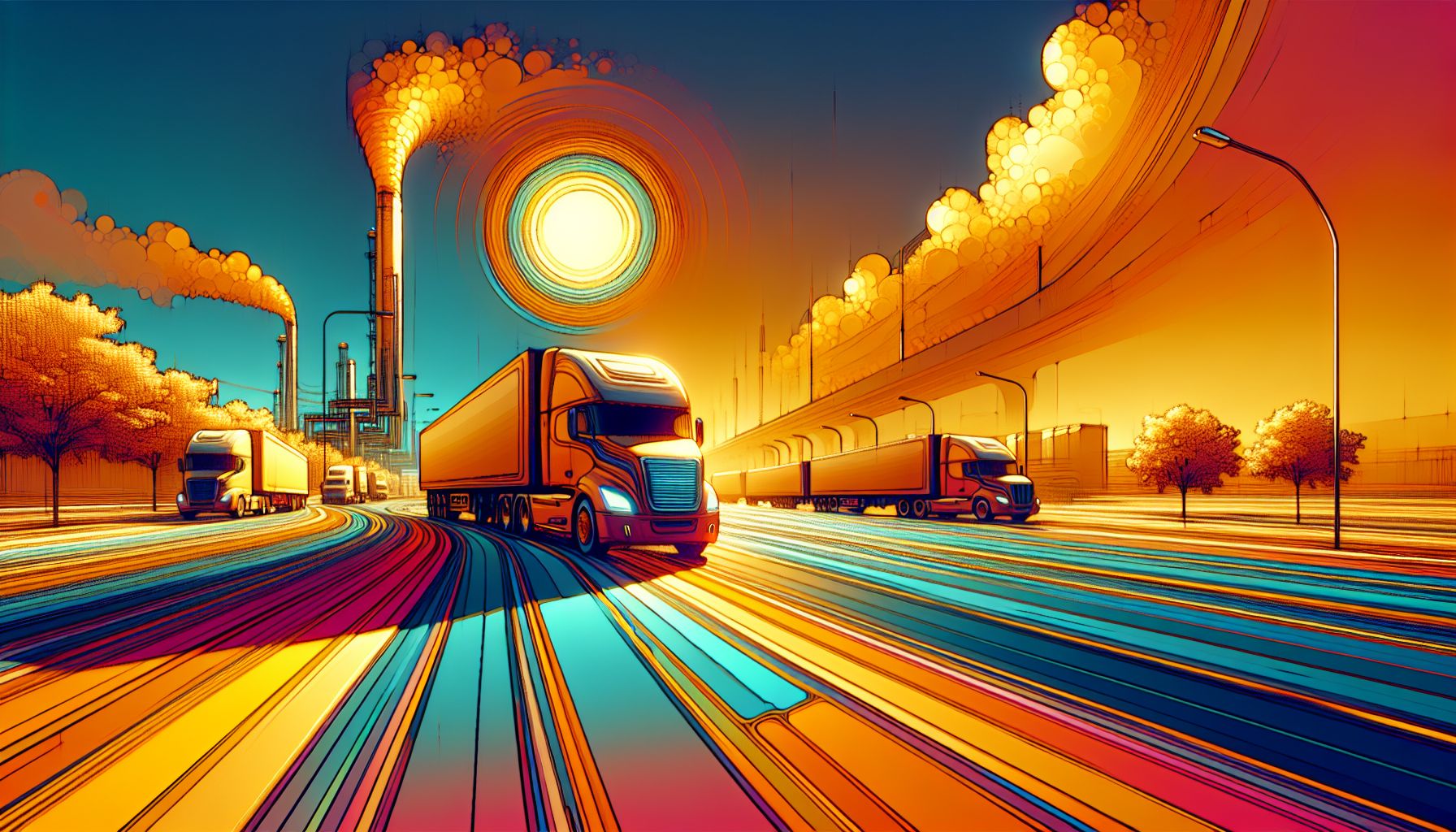Bio-LNG Fuels Comeback in Dutch Logistics: A Sustainable Shift

Amsterdam, Friday, 9 August 2024.
Bio-LNG is resurging in Dutch long-distance and international transport, offering significant CO2 reductions and competitive costs. Major companies like Albert Heijn are transitioning to biofuels, viewing Bio-LNG as a crucial stepping stone towards zero-emission logistics.
The Role of Bio-LNG in Sustainable Transport
Bio-LNG, or liquefied biomethane, is making a notable comeback in the Netherlands, particularly in the logistics sector. This renewable fuel is derived from organic waste materials and offers a significant reduction in greenhouse gas emissions, approximately 90% lower than fossil fuels. It is increasingly being adopted by companies involved in long-distance and international transport, driven by both environmental and economic factors[1].
Key Players in the Transition
Prominent Dutch companies such as Albert Heijn, Cornelissen Groep, AB Texel, and Emons Groep are leading the charge in this transition. Albert Heijn, a major supermarket chain, has announced its complete shift from fossil fuels to biofuels for all non-electric transport. Similarly, logistics companies like Cornelissen Groep and AB Texel are integrating Bio-LNG into their fleets to meet sustainability goals and reduce CO2 emissions[1].
Government Initiatives and Industry Support
The Dutch government’s recent subsidy schemes for zero-emission trucks are further bolstering the adoption of Bio-LNG. These incentives aim to support the logistics sector in embracing cleaner technologies. Volvo Trucks, a key player in the heavy-duty vehicle market, is also contributing by offering gas-powered trucks that provide comparable performance to diesel variants but with significantly lower emissions[1].
Global Collaborations and Technological Innovations
The resurgence of Bio-LNG is not confined to the Netherlands alone. Companies like Gasum and Equinor are collaborating internationally to supply Bio-LNG. For instance, in Norway, Gasum has been supplying the Island Crusader, a platform supply vessel, with Bio-LNG since mid-July 2024. This initiative is part of Equinor’s broader goal to achieve carbon neutrality by 2050. Such collaborations highlight the global effort to transition towards more sustainable energy sources[2][3].
The Future of Sustainable Logistics
As the logistics sector continues to evolve, the adoption of Bio-LNG represents a significant step towards achieving zero-emission transport. With the support of government subsidies, industry leaders, and technological advancements, Bio-LNG is poised to play a crucial role in reducing the carbon footprint of logistics operations. The commitment of companies like Albert Heijn and the innovations from Volvo Trucks and Gasum underscore the potential for Bio-LNG to transform the industry and contribute to a more sustainable future[1][2][3].

